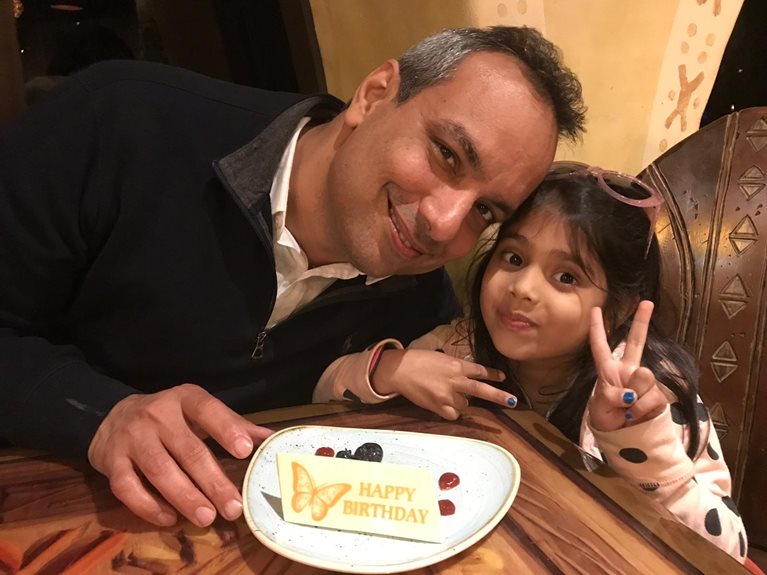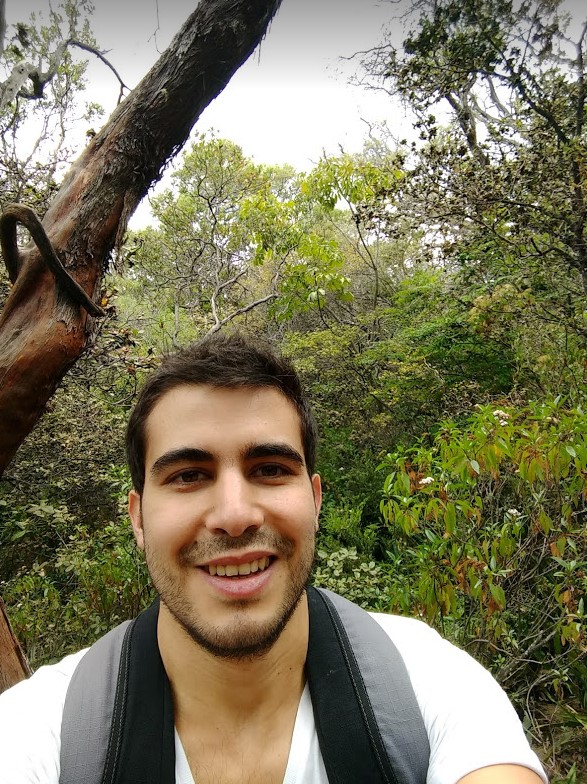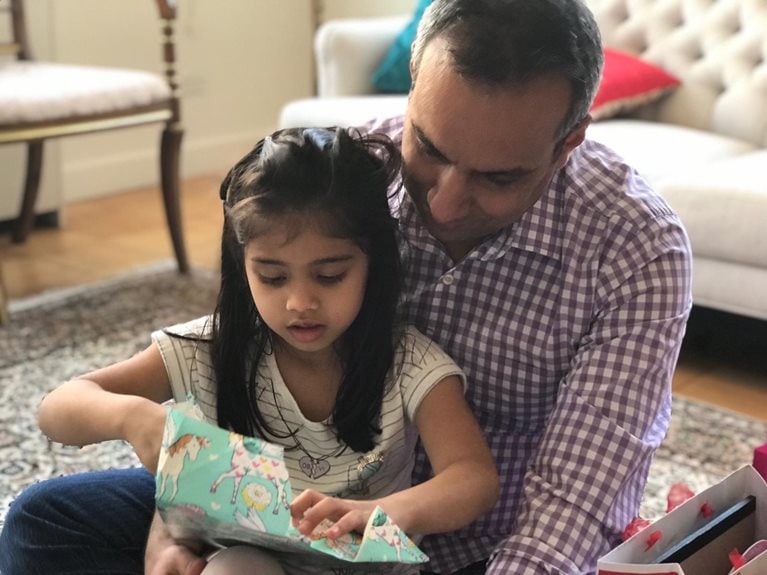A quick scan of your calendar reminds you there are only so many hours in a day; and, most of the time, you could use a few more. Between sleeping, eating, exercising, working, dating, parenting, and socializing, you may find time for mindfulness and mental health...well, never.
But, according to a few of our colleagues, there are opportunities to fit short mental breaks into your day. We chatted with several who double as meditation and yoga gurus. They’ve figured out a few secrets to keeping a clear mind at work.
1. Shoot for 10 minutes of mindfulness.
If this is your first foray into meditation, you can start with five minutes a day, but our masters of meditation say 10 minutes should be your goal.
“Every day, I try to do 10 minutes of mindful meditation using the Headspace app,” says Pittsburgh–based partner Ari. “I’ve logged 487 sessions with an average duration of 11 minutes. Spending that time fully present in the moment–just accepting, letting go, and emptying my mind–has changed my life.”

If you’ve been meditating for years, London–based associate and yogi Marta recommends upping your time to 20 minutes. “Studies show 80% of our daily thoughts are negative and 95% are the same as the day before. That’s a lot of mental space that could be used in a different, more constructive way,” she says. Marta counteracts negative thoughts with positive ones. She recommends writing down five things you are grateful every day, since you can’t feel grateful and angry at the same time.
2. Start each day with a must–do list.

New York–based senior partner Manish, an expert in Vispassana meditation, says finding the right headspace starts at the beginning of your day: “Don’t start your day barreling through emails–especially after you’ve just woken up. It’s going to leave you stressed and overwhelmed. Before getting into your inbox, take a few minutes to come up with a short list of priorities to focus on that day.”

3. Work mental space into your daily routine.
If you want to stick to your new mindfulness habit, add daily Zen time to your calendar. “Make it non–negotiable,” says Costa Rican research analyst Danilo, another Vispassana meditation pro. “Anchor it to a recurring event, like right before bed or right after lunch.”
Senior VP in transformations Basab, a London–based colleague who just returned from a yoga sabbatical in India, agrees with Danilo adds strategically planning a few minutes into your schedule before and/or after meetings so you can reflect, meditate, and clear your mind.

4. Step away from your screen.
You don’t need a doctor to tell you sitting all day is bad for your health. To break up the day, Marta takes a short walk outside (or inside) the office. “You get bonus points for leaving your phone behind,” she adds. “Sitting and slouching over your laptop has a huge effect on your mood and body. Go grab some water and do some jumping or stretch.”
5. Breathe.
Basab is the king of breath watching. To disconnect throughout the day, he sets a reminder on his phone to conduct a short meditation for three minutes every hour. Here’s how he recommends doing it:
1. Relax your body.
2. Inhale deeply and exhale slowly.
3. Watch the movement of the breath coming in and flowing out.
4. Take note of the peace you feel at the rest points between breaths.
5. Repeat.
6. Focus on one thing at a time.
“Multitasking can cause anxiety because you always think you should be doing more,” says Marta. “No matter how small the task it, whether it’s writing an email, having a conversation with a colleague, or eating your lunch, tell yourself this is the only thing you should do and experience it fully.” This is a great way to reevaluate your priorities as well.
7. Stay grounded with those important to you.

Stress can strike at any time, no matter how much meditation you practice. Marta says it’s the people you love who get you through it, even if they aren’t physically there. She suggests keeping a folder on your phone with photos of your family, friends, and happy moments you can browse through when you’re feeling overwhelmed. It can help you take a breath and remind yourself of the bigger picture.
“I try to have a conversation every day with someone who is important to me, even if it’s only a few minutes over the phone. Having a great social circle of people who get me is important to my mental health,” she adds.